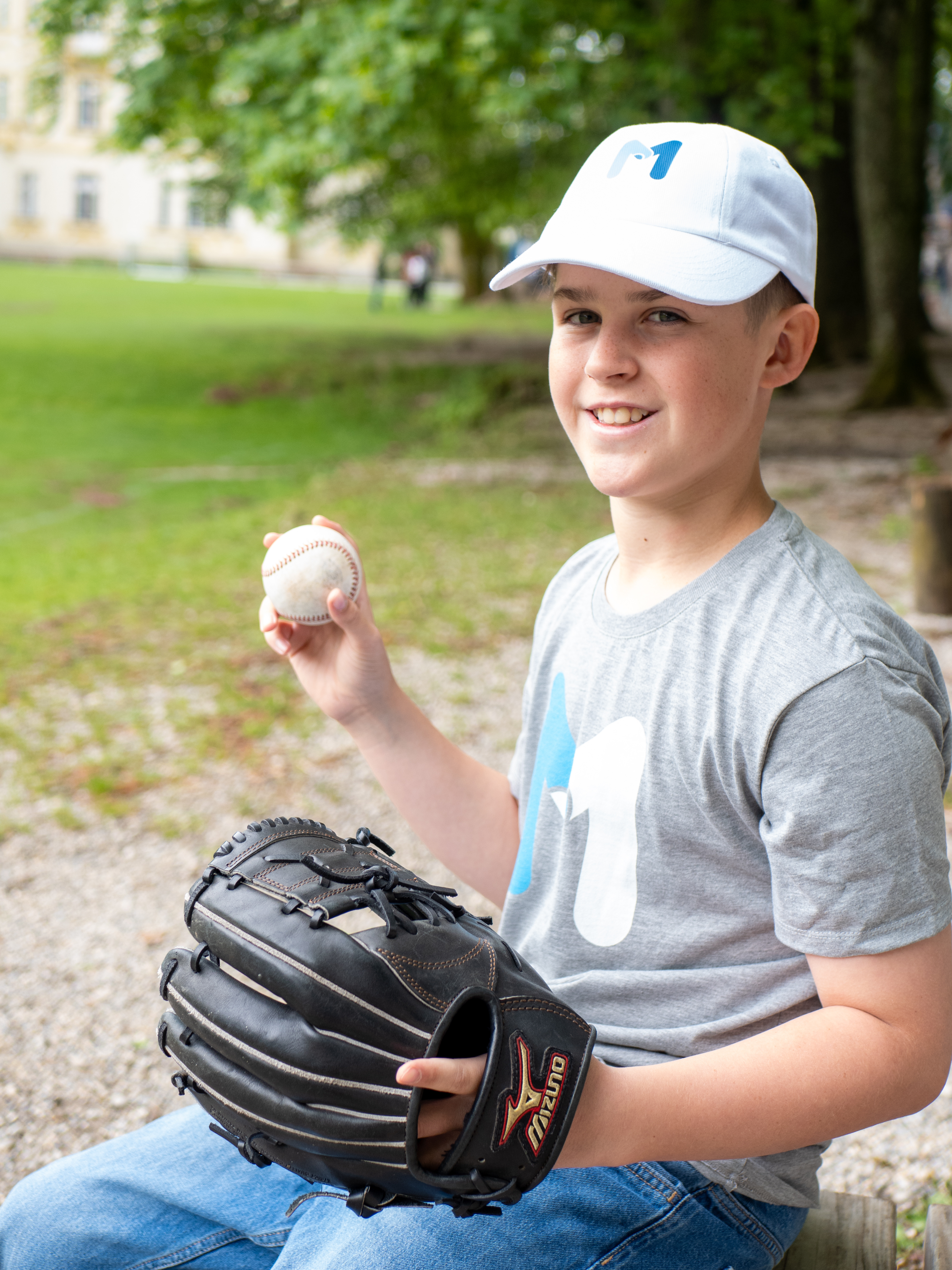
In the game of baseball, pitchers use a variety of pitches to challenge batters and gain an advantage. Each type of pitch has unique characteristics in terms of speed, movement, and spin. 7th-grader Thomas Hopfensperger plays shortstop, center field, and he is a pitcher, which means he knows how to throw a slider, a curve ball, a two-seam fastball, a four-seam fastball, a cutter, and maybe even has his own signature knuckleball. These pitches are like tools in a toolbox. Conquering your opponent means learning which tool/pitch exposes their weakness.
Thomas approaches learning the same way he approaches pitching: because he is dyslexic, he has an arsenal of learning tools that help him conquer classroom tasks.
One of the challenges of being dyslexic is that it often makes school more stressful for learners. Thankfully, Thomas is no stranger to stressful situations. Junior School Principal David Freed remembers Thomas in his Junior School days as being "tireless in his efforts to improve himself, both in the classroom and on the baseball field." Thomas’s team won the European baseball championship twice and he went to Taiwan last summer to play in the World Cup (the German national team reached its highest rank in record, 9th in the world). At this level of competition, the stress is inherent.
Thomas has developed his own arsenal of life hacks for learning and baseball-inspired approaches to managing stress, such as using "speech to text, which helps me sometimes. I read over a problem more than one time. I used an extra 15 minutes at the end of tests to go back over all of my answers and make changes. I like to take deep breaths when I don't understand or leave class to get some air.”
Thomas encourages teachers to talk to their students at the beginning of the year and ask them what approaches to learning they prefer and what triggers the most stress for them. He advises teachers and students to agree on special signals (much like the signals catchers and pitchers use to communicate in baseball) to discreetly signal when the learner needs to take a break from the classroom or when they might need some extra support (from the teacher).
In order to support his development in baseball, Thomas plans on spending some time during the summer to train in the Dominican Republic. He admires Dominican players for their resourcefulness because they often "build their own stuff, hit with sticks, or practice hitting bottle caps to hone their skills.” Dyslexia does affect other parts of Thomas's life because to train with Dominican players, he plans on learning Spanish "in order to communicate with the other players during training and in Spanish on the field when I go pro.” He points out that having dyslexia makes learning a new language extra challenging because "you need to get the vocabulary, you need to speak it, you need to read it, and you need to write it. It's hard, but you need to keep up the grind because in the end, you are going to be thankful. If you have dyslexia, don't think you can't do something. You can. You're going to get through it in the end. You have to find your own way to fight through it.”
As a school, MIS is on a mission to nurture students through challenge in order to discover what inspires them. We call this an “M Story”. For Thomas, dyslexia is the challenge in his “M Story” and the nurturing is the freedom and flexibility to develop and use the tools in his arsenal to approach learning in his own way.
Thomas came to MIS in hope that he would be nurtured as an individual and empowered to learn in whatever way serves him best. Head of School, Mr. Timothy Thomas confirms that "our aim is to facilitate individual plans for learning and growth that help each student understand where they are going and how they will get there. Personalized learning involves not only differentiating for learners’ different starting points and different profiles of talents and challenges, but also drawing upon learners’ interests and passions."
The future of an MIS education is to "enable students to influence the”‘what” and the “how” of their learning." Opening its doors at the beginning of next school year, the Learning NeXus is the prime example of how MIS will provide students with the space and agency to empower their own learning. Designed with flexible learning environments, the Learning NeXus will more easily accommodate all students, no matter what their learning needs may be.
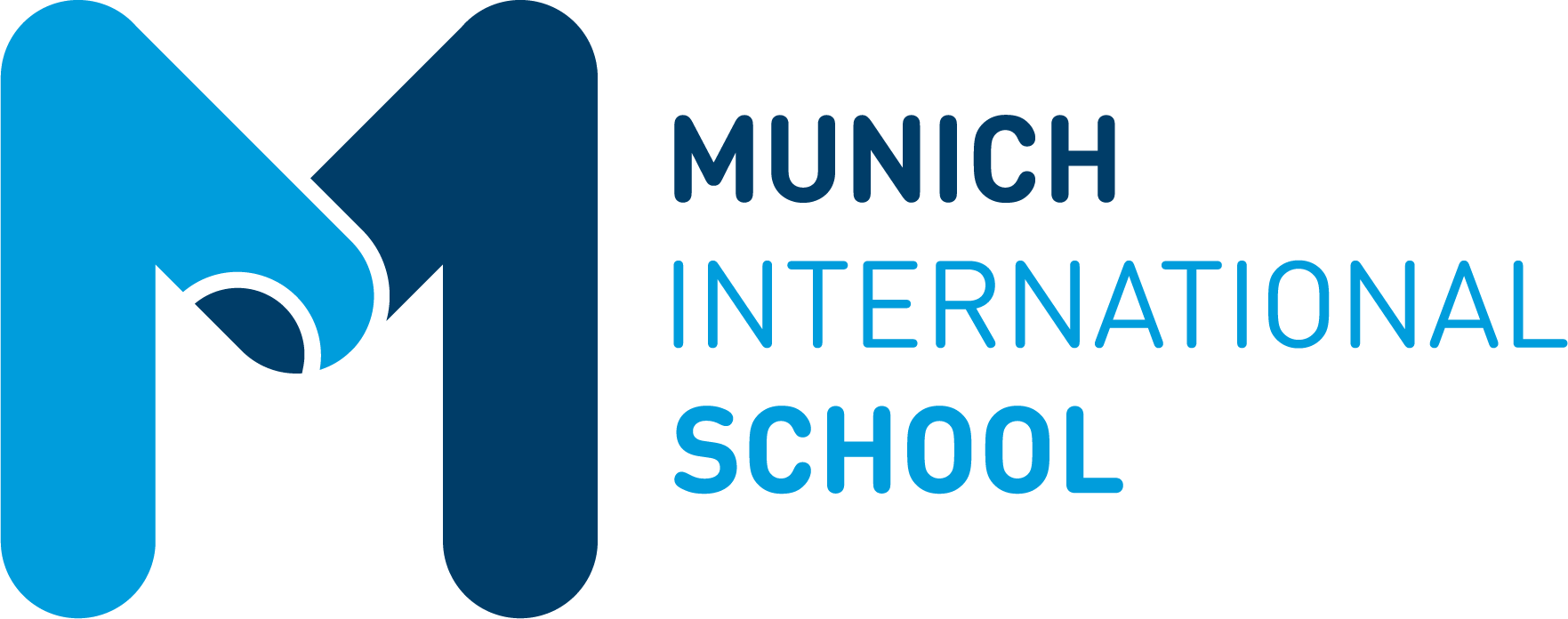

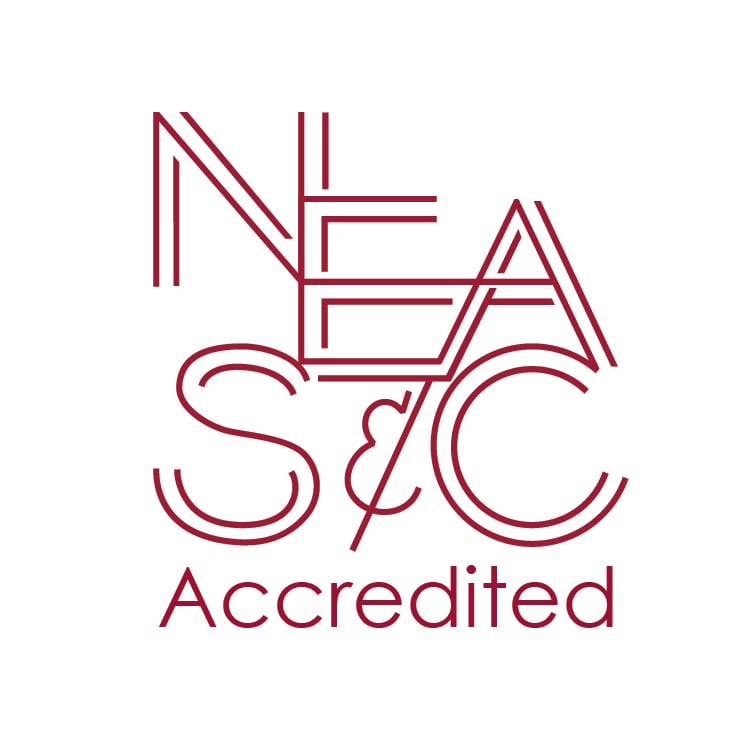
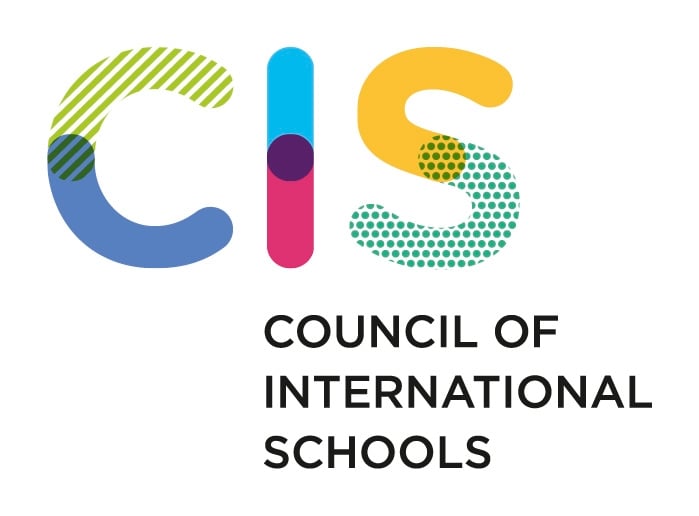
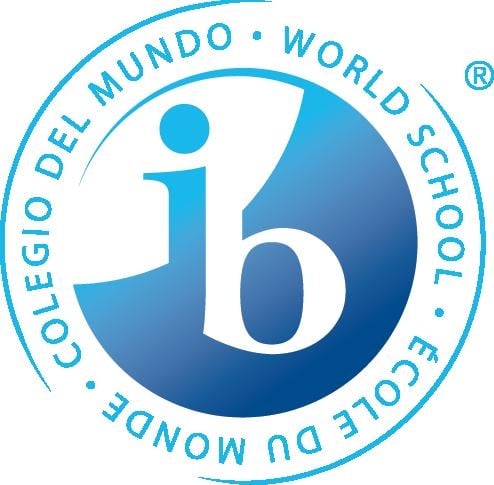
.png)